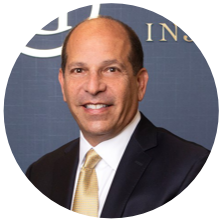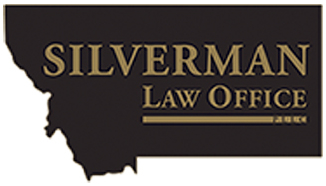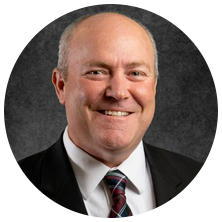Wrong Goals
Agencies love to brag about rankings and traffic. But that doesn’t matter if the phone isn’t ringing. You don’t pay your staff with “sessions” in Google Analytics. You pay with cases.
What to focus on instead:
- Leads that turn into clients.
- Reports that track calls, forms, and signed cases.
- Clear connections between SEO spend and new business.
If you’re not seeing that, you’re measuring the wrong things.
Thin Content
Short practice area pages won’t rank, and they won’t convince anyone to call you. Content today is more than keywords. Google looks at EEAT — experience, expertise, authority, trust. So do clients.
Where firms fail:
- Pages are too short.
- Language is too generic.
- Copy is written for search engines, not people.
Better content looks different. A strong page might include:
- Detailed legal explanations in plain English.
- Local statistics.
- Videos or short explainers.
- Images that reinforce the point.
- Examples drawn from your practice.
Put it together and you get content that wins both with Google and with potential clients.
Ignoring Local SEO
Law is local. People don’t just search “personal injury lawyer.” They search “personal injury lawyer near me.” And they usually click the map pack.
Too many firms ignore local basics: incomplete Google Business Profiles, no location pages, no review strategy, inconsistent directory listings.
Here’s what to do instead:
- Complete your Google Business Profile — every section.
- Ask satisfied clients for reviews.
- Create pages for each city or county you serve.
- Keep your contact info consistent everywhere.
It’s not hard. And it’s where most lawyers lose ground. See Google’s Business Profile guide for details.
Weak Backlinks
Backlinks are referrals in Google’s eyes. If respected sites point to you, that signals trust. Too many agencies try to cut corners by buying junk links. That’s money wasted — or worse, a penalty waiting to happen.
The links that matter come from real sources:
- Bar associations.
- Legal directories.
- Local news outlets.
- Articles on credible sites.
Ten strong links like these will beat a hundred spammy ones every time.
No Clear Reporting
You don’t need a pretty dashboard. You need answers. Did SEO generate calls? Did it bring in new cases?
Real reporting should tell you:
- How many calls came in.
- How many forms were filled.
- Which of those turned into signed clients.
Without that, you’re guessing.
Unrealistic Promises
The best law firm SEO agencies don’t guarantee “page one in 30 days.” If they do, that’s your cue to walk away. SEO doesn’t work like that. Timelines depend on competition.
Here’s what’s realistic:
- Smaller markets: 3–6 months.
- Larger cities: 6–12 months.
- Tier-one metros: longer.
The difference from ads? With PPC, the leads stop when you stop paying. With SEO, every page, every backlink, and every review builds momentum over time.
What Works Instead
Law firm SEO fails when it’s shallow. It succeeds when it’s focused. That’s the approach we take as a law firm SEO company.
That means:
- Content that proves you know your field.
- Local SEO that puts you in the map pack.
- Backlinks that actually carry weight.
- Reports that tie directly to cases.
- Realistic expectations.
Get those pieces right, and SEO isn’t an expense. It’s your most consistent source of new cases.
Final Word
Most law firm SEO fails because agencies chase the wrong metrics, cut corners, or skip the basics. But it doesn’t have to. Focus on clients, not clicks. Publish content that matters. Invest in local visibility. And be patient enough to let SEO build.
That’s how you go from “SEO doesn’t work for lawyers” to “SEO is how we fill our calendar.”






































